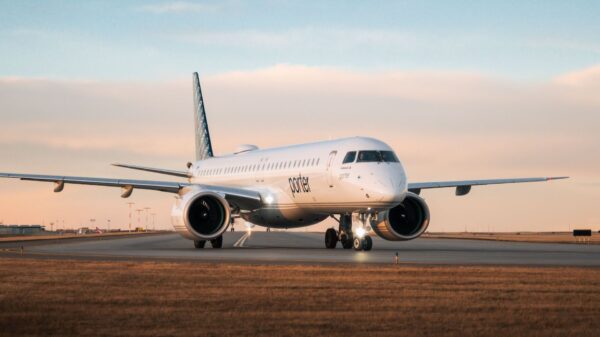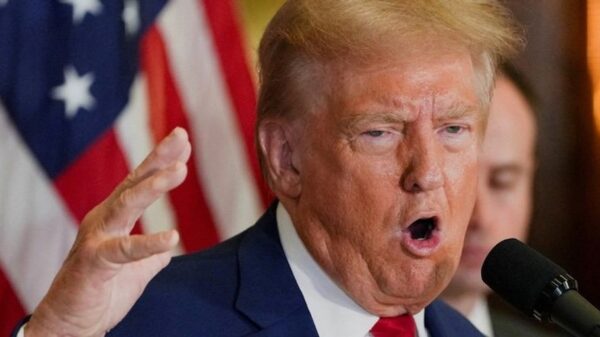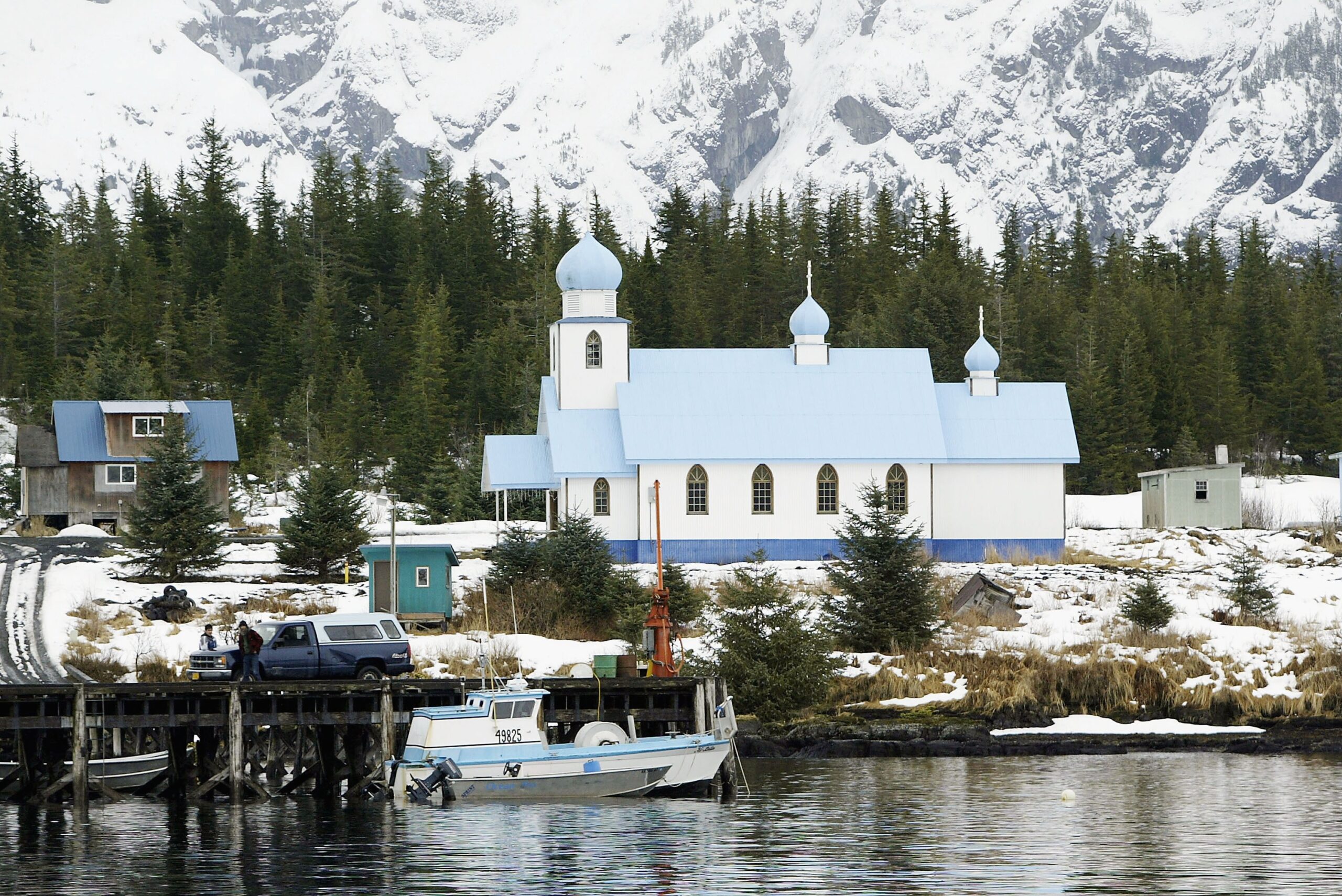On March 15, 2024, Alaska will serve as the backdrop for a significant summit between U.S. President Donald Trump and Russian President Vladimir Putin. This meeting aims to address ongoing tensions surrounding the situation in Crimea, a historical territory that once played a crucial role in the relationship between the two nations.
A Historical Perspective
The roots of this diplomatic engagement can be traced back to the mid-19th century. After losing the Crimean War in the 1850s, Russia faced considerable financial strain. To alleviate its war debts and reduce its colonial holdings, the Russian Empire made the pivotal decision to sell Alaska to the United States in 1867 for $7.2 million. This transaction dramatically altered the geopolitical landscape of North America.
Fast forward over 150 years, and the historical significance of Alaska continues to resonate as it hosts a meeting focused on a contemporary conflict. The ongoing dispute over Crimea, which Russia annexed in 2014, remains a focal point of U.S.-Russia relations. The summit in Alaska is expected to explore avenues for dialogue and potential resolutions.
Current Context and Expectations
The summit comes at a time when both countries are navigating complex international relationships and domestic pressures. The U.S. has maintained sanctions against Russia in response to its actions in Crimea, while Russia has expressed grievances regarding NATO’s expansion and U.S. military presence in Eastern Europe. The outcome of this meeting could influence the future of diplomatic relations between the two nations.
Analysts anticipate that President Trump and President Putin will discuss not only the situation in Crimea but also broader issues such as cybersecurity, trade, and arms control. The summit represents an opportunity for both leaders to reset their dialogue and address mutual concerns.
As the world watches, the significance of Alaska as a meeting ground for these discussions highlights the intertwined histories and evolving dynamics between the United States and Russia. The summit could potentially pave the way for a new chapter in their bilateral relations, reflecting both the challenges and opportunities that lie ahead.







































































